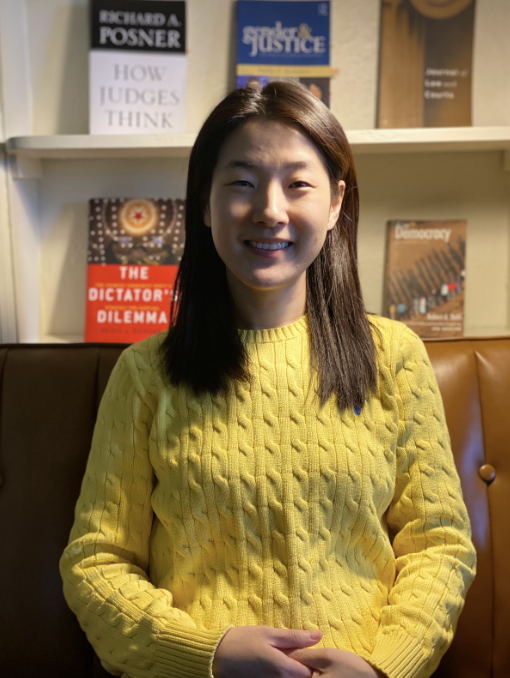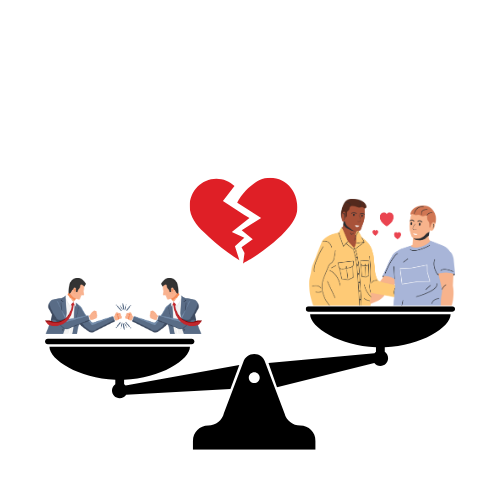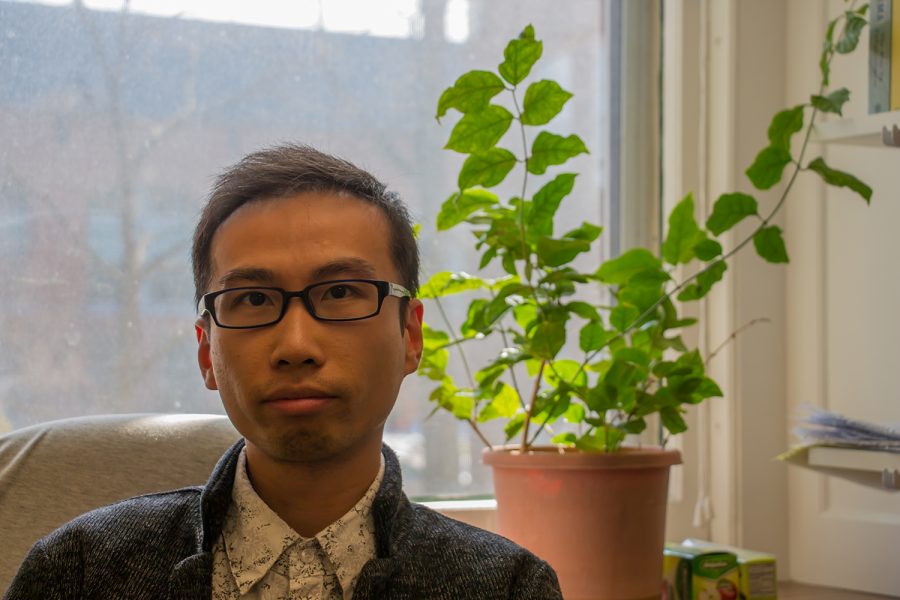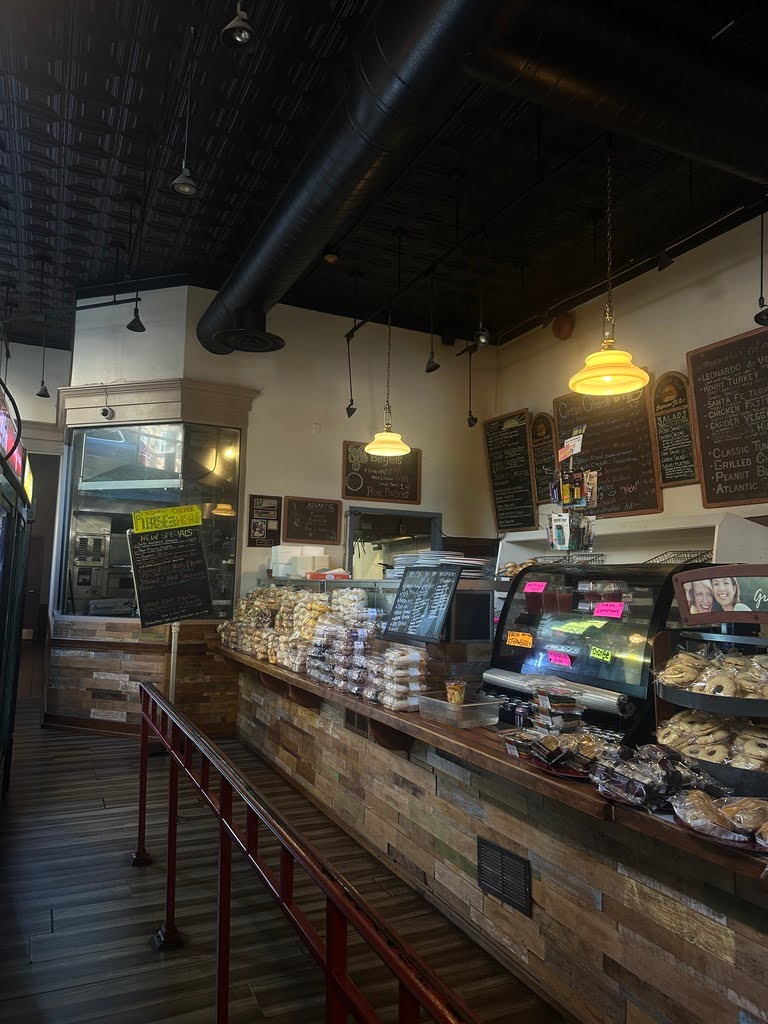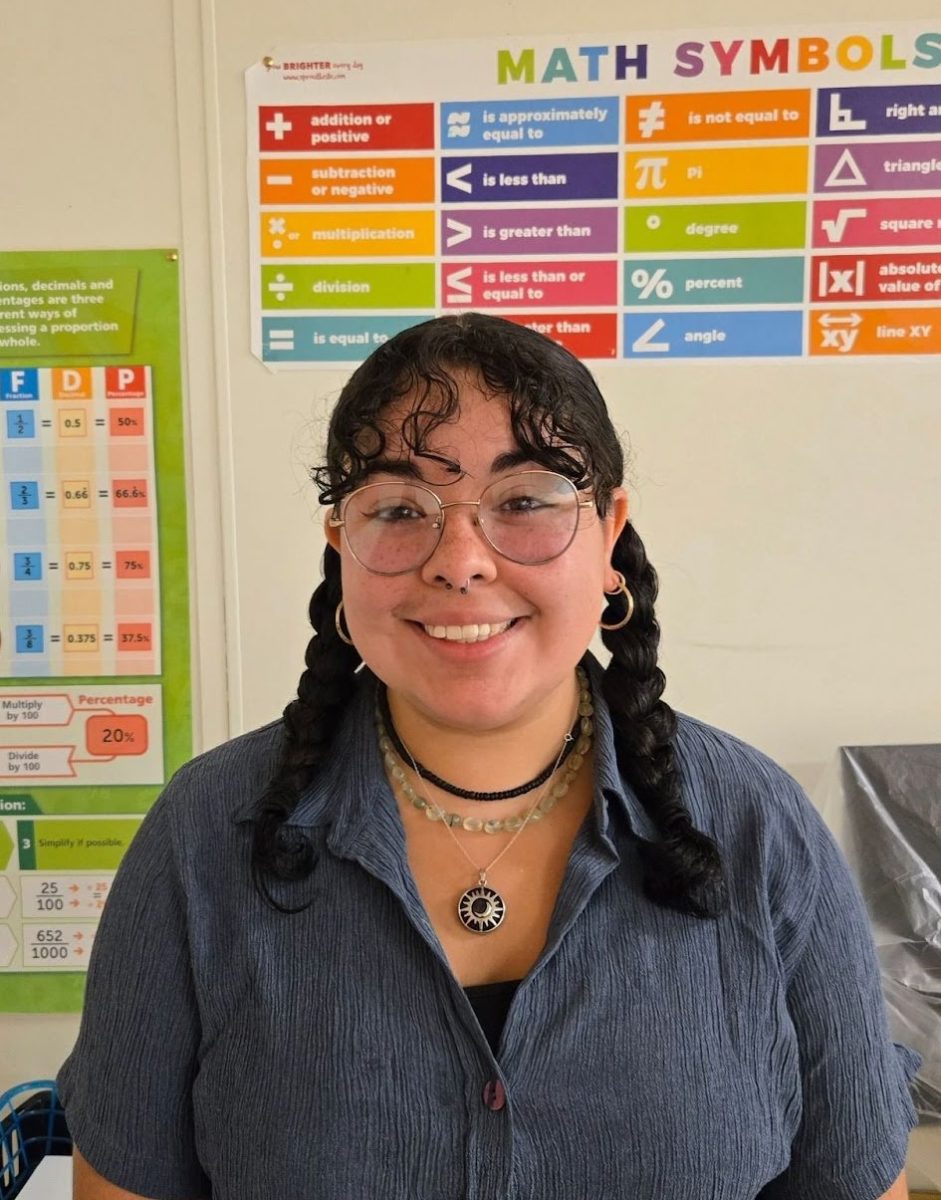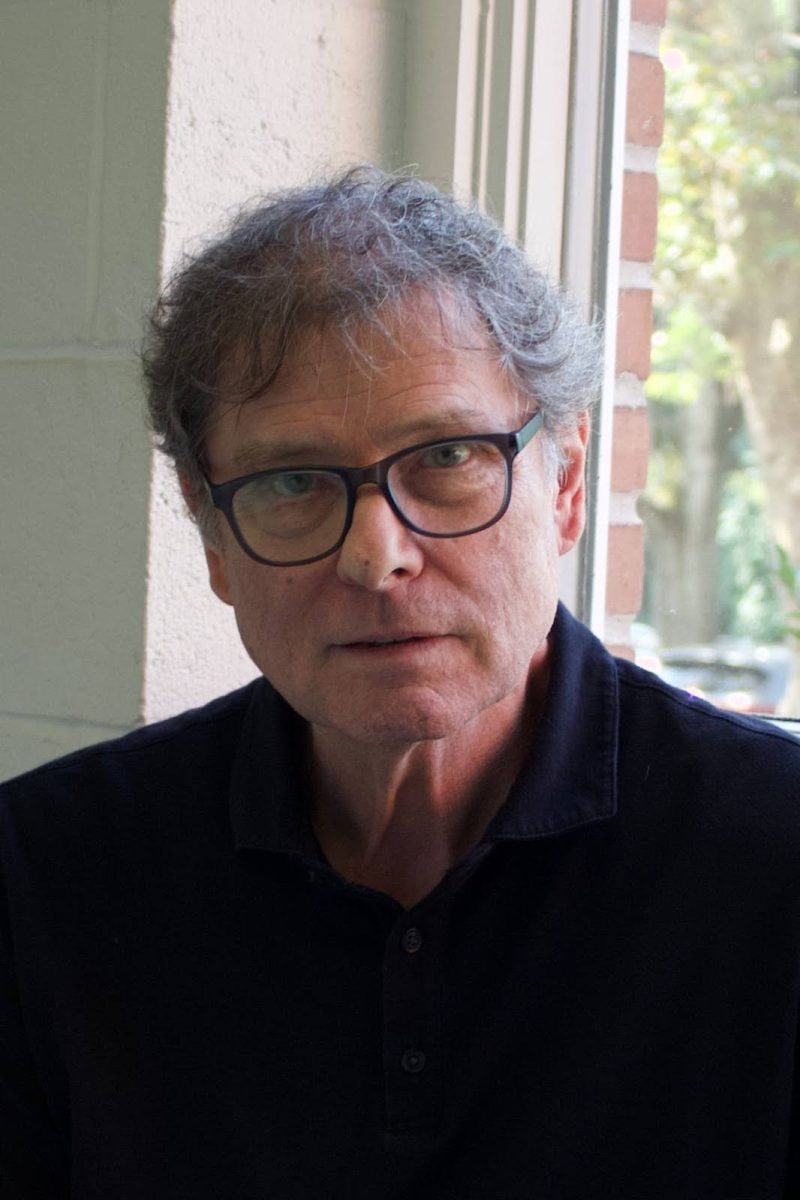Holly Seonyeong Jo has been an assistant professor of political science at Moravian for two years. By herself, she traveled to the United States at the age of fourteen and went on to receive a B.A. in political science from Macalester College. Traveling bac
k to her home country, she earned an M.A. in political science and international relations at Korea University. She later returned to the U.S. and received her Ph.D. in political science from the University of Minnesota, Twin Cities.
What inspired you to go into your field of study?
Growing up, I wanted to be a diplomat because when I first came to the U.S., people in Boise, ID knew about Japan, they knew sushi, Honda, and Sony. But people didn’t really recognize South Korean culture. They even asked me questions like “Are you from North Korea?” That’s the reason why I pursued political science as my major as an undergrad. When I went back to Korea after getting my bachelor’s
degree, the procedures for selecting a diplomat had become more challenging.
In order to pass the entrance exam, you have to pay a lot of money for tutoring and then enter the national diplomacy academy to then compete against peers in your cohort for tri-semesters. Due to financial constraints, I chose to go to Korea University to pursue my master’s degree, which then led me to pursue my Ph.D. and become a professor here.
What research are you currently working on?
My research focuses on gender and judging. I’m looking at the interactions between judges’ gender and their rank or seniority on the bench in a three-judge panel – more specifically in sexual assault cases, like rape – in the context of South Korea, a civil law country where there are three judges on a panel who deliberate the case and outcomes together.
What do you think is the most recen
t important development in your field of study?
There is a growing recognition that judicial diversity really matters. The literature on gender and judging has focused on the difference that women bring to the court, but focusing on the difference itself can essentialize women. Now, the literature has been shifting towards focusing on the better, fairer outcomes that women judges can bring through their social experiences and inform their counterparts.
What job would you have if you couldn’t be a professor, regardless of salary or job outcome? Why?
As a child, I really had many dreams. I wanted to be a doctor, but then I watched a medical drama, and I realized I can’t see blood. I wanted to be a producer and write a screenplay. I also would have wanted to become a painter or a high school/middle sc
hool English teacher. Lastly, a flight attendant because I love to fly and travel abroad.
What do you know now that you wished you knew when you were in college?
Don’t be afraid to ask questions in class. I wish I knew that the professors are not there to judge your comments or your feedback. Rather, we want to hear from you and your mind, and your input.
What is your biggest student pet peeve?
I get annoyed the most when students don’t put in their best effort, and we can tell in their work. Also, when students walk into the classroom without saying hi. I think that’s because I’m fro
m South Korea, where students must say hello to their professors. It’s based on the Confucius tradition, but simply put, it’s about respect.
What should students expect from your classes? What is the secret to succeeding in your classes?
My classes are designed to help students practice critical reading and thinking skills. I assign a lot of hard, complex, dense readings, and we focus on identifying the author’s main argument and how those arguments complement and fit in with the existing literature. So if you don’t come to my class having done the reading, it will be very hard for you to engage in class discussions. So the secret to success in my class is doing your reading diligently.
What was the last streaming show that you binge-watched, or the last good book that you read?
I have three options to recommend fo
r students who are interested in Korean dramas. I binge-watched The Trauma Code: Heroes on Call in one sitting with my husband. It depicts the harsh reality of trauma surgery doctors and what they face.
The second one is Squid Games, which was really nice in the sense that it really highlights the collective action problem, where a person’s individual interest can get in the way of the interest of the many. In Squid Games, when the majority of people vote to stop the game, the game will end, but there are other groups who want to continue the game because they want the money. So there’s this collective action problem that I think was really interesting.
And then lastly, the most recent one, When Life Gives You Tangerines. It’s really a beautiful story about a woman growing up in the 1960s in Jeju Island, a southern island in South Ko
rea. It’s a moving reflection of intergenerational hardship, love, and sacrifice after the Korean War.
What is something interesting about you that most people don’t know?
I really enjoy painting, and I’m quite good at it.
What is your favorite class to teach?
I don’t have a single favorite class, and I
think it changes every semester and every year because what I’ve found is that I enjoy the class the most when students are most engaged.


